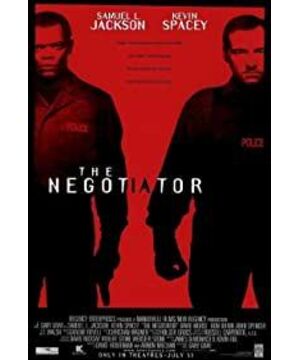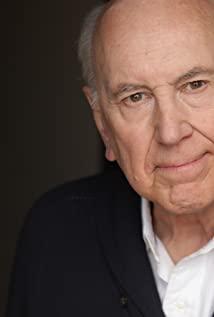Two male protagonists, two negotiating experts, are all trump cards.
When Danny came on the scene, he was negotiating with the man who held his daughter hostage. Rescuing the hostages is the first goal, and subduing or eliminating the suspect is the second goal. Because the dog in the suspect's house kept barking, he used the dog as an entry point to try to build empathy with the suspect. After entering the room, use the TV as an opportunity to talk about the weather, soothe the atmosphere and divert the attention of the other party. Finally, lead the other party to the window. Both goals are achieved. Danny said later, never say "no" in the negotiation process, and try not to say "yes", always make conditional clauses: if so, then so.
Of course, this set can be used when coaxing girlfriends. "Go to the movies if it's still early after dinner." "I heard that it's sunny on Sunday, how about going to the park?" This kind of conditional clause has a higher success rate for a girl than for a direct date. The latter may sound to some girls. Like an order, it is likely to cause resentment.
"What do you like, I like it too" is a little trick to build common ground, but it works very well. You can't always say, "So-and-so's song is good." If you say "She's not good, whoever has the level", this is equivalent to directly declaring war. Never say "no", the first iron rule.
When Uncle Chris (Spacey) came out, he was coaxing his angry wife. In a sense, this situation is more critical than Danny's, even Danny agrees.
Danny: You working?
Chris: Sort of. I was negotiating a truce between my wife and daughter.
Danny: Then I'm proved to be easy by comparison.
Chris: It wouldn't surprise me in the least.
And the uncle didn't succeed. Although the uncle praised his wife for wearing this beautifully, the previous "I don't want to talk to the door" and the later "She didn't mean that" are all taboos, and the latter sentence also means protecting his daughter. If you are pitiful in front of the door here, and express yourself in a difficult situation in the third person, the effect will be better. Afterwards, he pretended to lose his temper with his daughter to resonate with his wife and corrected a previous mistake, but he made another taboo by using the "wide" that his daughter said, which added fuel to the fire. In the end I had to sigh:
I once talked a guy out of blowing up the Sears Tower but I can't talk my wife out of the bedroom or my kid off the phone.
There are several negotiation scenes in this film. It is very interesting to listen to the lines carefully and experience some negotiation strategies.
There is a scene where Danny exposes Nibon's lies and gives him a quick lesson.
A quick lesson in lying. See, this is what us real cops do: We study liars. Example: If I ask you a question about something visual, like your favorite color, your eyes go up and to the left. Neurophysiology tells us your eyes go in that direction, because you're accessing the visual cortex. So you're telling the truth. If your eyes go up and right, you're accessing the brain's creative centers and we know you're full of shit.
This study of microexpressions is more nuanced in "Don't Lie to Me". This is the only place mentioned in the film. The right frontal lobe is responsible for "creating", as Danny said, if your eyes turn to the upper right, it means that you are starting to "build" an image or story, which is to make up a lie; while the left side is responsible for storing the image, and the eyes turn to Here, it means that you are trying to find out the corresponding information from the memory, which is the process of extraction and the fact.
This kind of micro-expression is fleeting and difficult for ordinary people to notice. But sometimes action language can reveal people's heart. Boys take love seriously as a negotiation, and girls learn to see through lies, which are all useful.
If you want to lie, as in the film, Danny is as firm as he does when he assures the suspect that his wife has come to the scene, "If I lie, you will shoot me!"
The rhythm of the whole movie is well controlled, and it makes people watch it in one go and have an aftertaste. It's a clichéd American-style perfect ending, and I feel comfortable after reading it.
View more about The Negotiator reviews











